Libraries play an important role in preserving and archiving history — even while history is being made. As we grapple with the coronavirus (COVID-19) pandemic, the University of Cincinnati Libraries seek to collect information, websites and documents related to how we are living and working during this challenging time.
The CoronArchive: Documenting the Coronavirus Pandemic
The Henry R. Winkler Center for the History of the Health Professions at the Donald C. Harrison Health Sciences Library seeks to collect experiences from University of Cincinnati faculty, students and staff as they pertain to the coronavirus (COVID-19) pandemic. This could take the form of journal or diary entries, photographs or other forms of media. These materials should in some way reflect how this virus is affecting individuals.
“A lot is happening surrounding the course of this pandemic and, although it affects everyone, it affects each person very differently. The Winkler Center wants to capture the diversity of experiences, document the present and preserve it for the future,” said Gino Pasi, archivist and curator at the Winkler Center. “At some point this pandemic will end, and years from now, the ways people think, talk about and study it will be done through what is left behind. This archive will be one of those resources.”
The Winkler Center asks that faculty, students and staff consider sharing their thoughts, memories, documents and media for posterity. All materials or questions can be e-mailed to the Winkler Center at chhp@uc.edu or to Pasi at gino.pasi@uc.edu, or mailed to the Henry R. Winkler Center for the History of the Health Professions, UC Libraries, 231 Albert Sabin Way, P.O. Box 0574, Cincinnati, OH 45267.
No material should include protected health information or violate patient and student privacy laws.
Archives and Rare Books Library Preserving COVID-19 University Websites
The Archives and Rare Books Library is using Archive-It to preserve important University of Cincinnati websites. The average life span of a web page is between 44 and 100 days. Web pages are notoriously fragile documents, and many of the web resources we take for granted are at risk of disappearing.
As the COVID-19 pandemic unfolds, the library is using Archive-It to capture various UC domain web pages dedicated to the pandemic’s impact on the university community. “This kind of rapid response web archiving will ensure we preserve a historical record of this monumental event at UC for future researchers,” said Eira Tansey, digital archivist and records manager. You can view the UC COVID-19 website archive, which is being updated on a daily basis.
So far, the library has collected several gigabytes of data and more than 20 websites, including each college’s COVID-19 page. Since some pages update more frequently than others, the library can schedule crawls (i.e. the process of archiving a webpage) of pages like https://www.uc.edu/publichealth.html on a more frequent basis in order to capture all of the changes.
To suggest a website that should be included in the COVID-19 UC web archive, e-mail eira.tansey@uc.edu. Please note that at this time, the library is currently only crawling public-facing web pages directly related to the UC community of students, faculty, staff and alumni.
The University of Cincinnati Libraries are stewards of the scholarly and historical output of the university. Collecting, preserving and making available the records of how the university dealt with and was affected by the coronavirus (COVID-19) pandemic is one way we work to achieve our mission to empower discovery, stimulate learning and inspire the creation of knowledge by connecting students, faculty, researchers and scholars to dynamic data, information and resources.

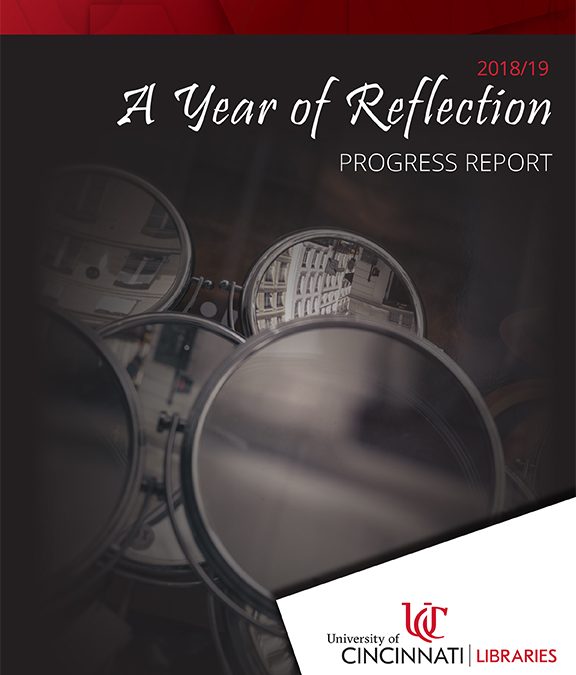 This past year the University of Cincinnati marked its Bicentennial led by the tenants: To Honor the past. Elevate the present. Bend the future. While
This past year the University of Cincinnati marked its Bicentennial led by the tenants: To Honor the past. Elevate the present. Bend the future. While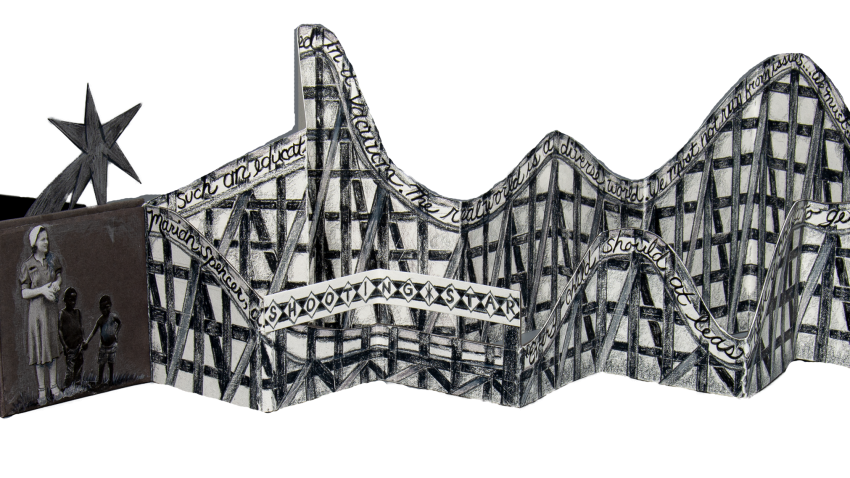
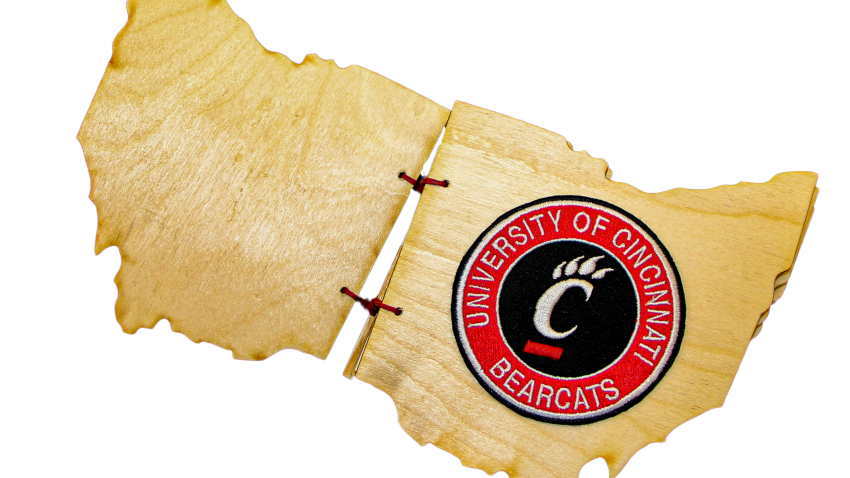
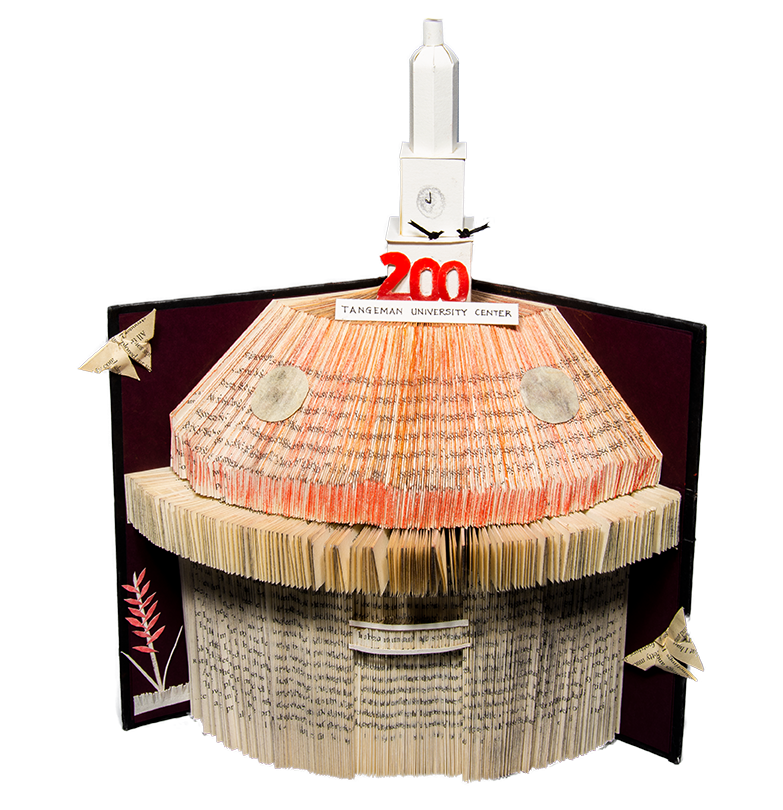
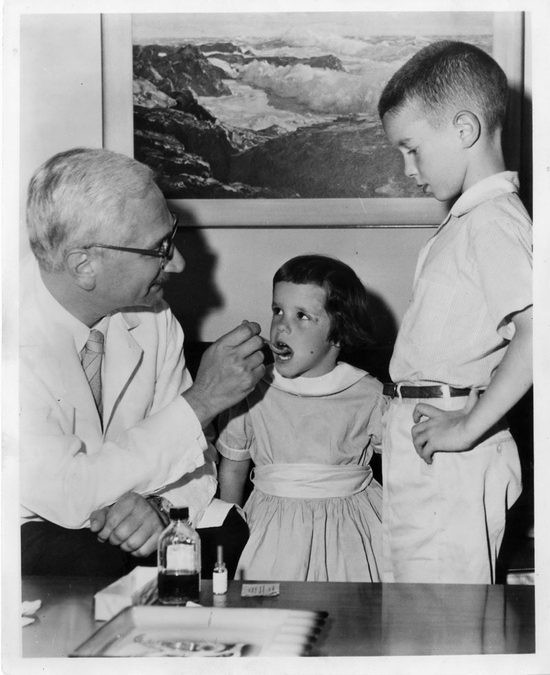 Dr. Albert B. Sabin, developer of the oral polio vaccine, donated his complete correspondence, laboratory materials, manuscripts, awards and medals to the University of Cincinnati. His papers document both the development and testing of the oral polio vaccine and the growth of virology as a discipline.
Dr. Albert B. Sabin, developer of the oral polio vaccine, donated his complete correspondence, laboratory materials, manuscripts, awards and medals to the University of Cincinnati. His papers document both the development and testing of the oral polio vaccine and the growth of virology as a discipline.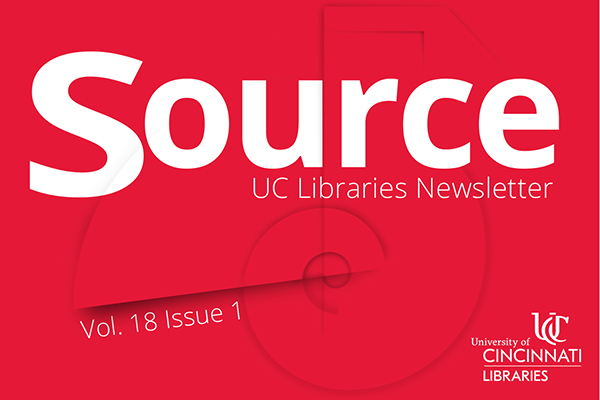 Read Source, the online newsletter, to learn more about the news, events, people and happenings in UC Libraries.
Read Source, the online newsletter, to learn more about the news, events, people and happenings in UC Libraries.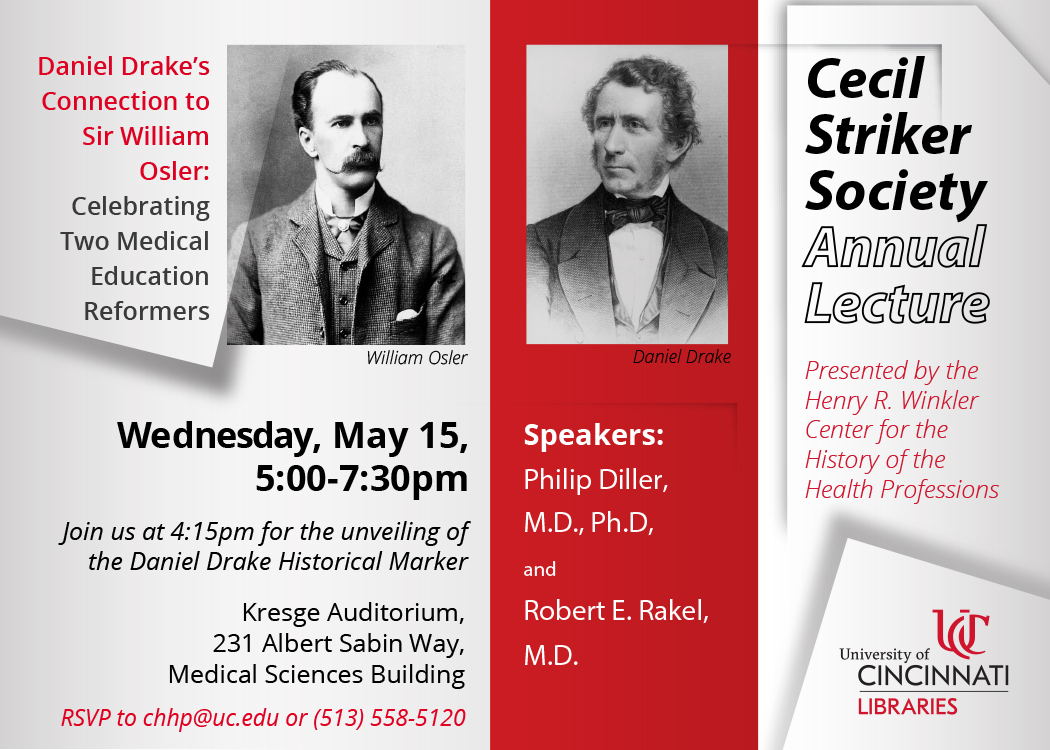
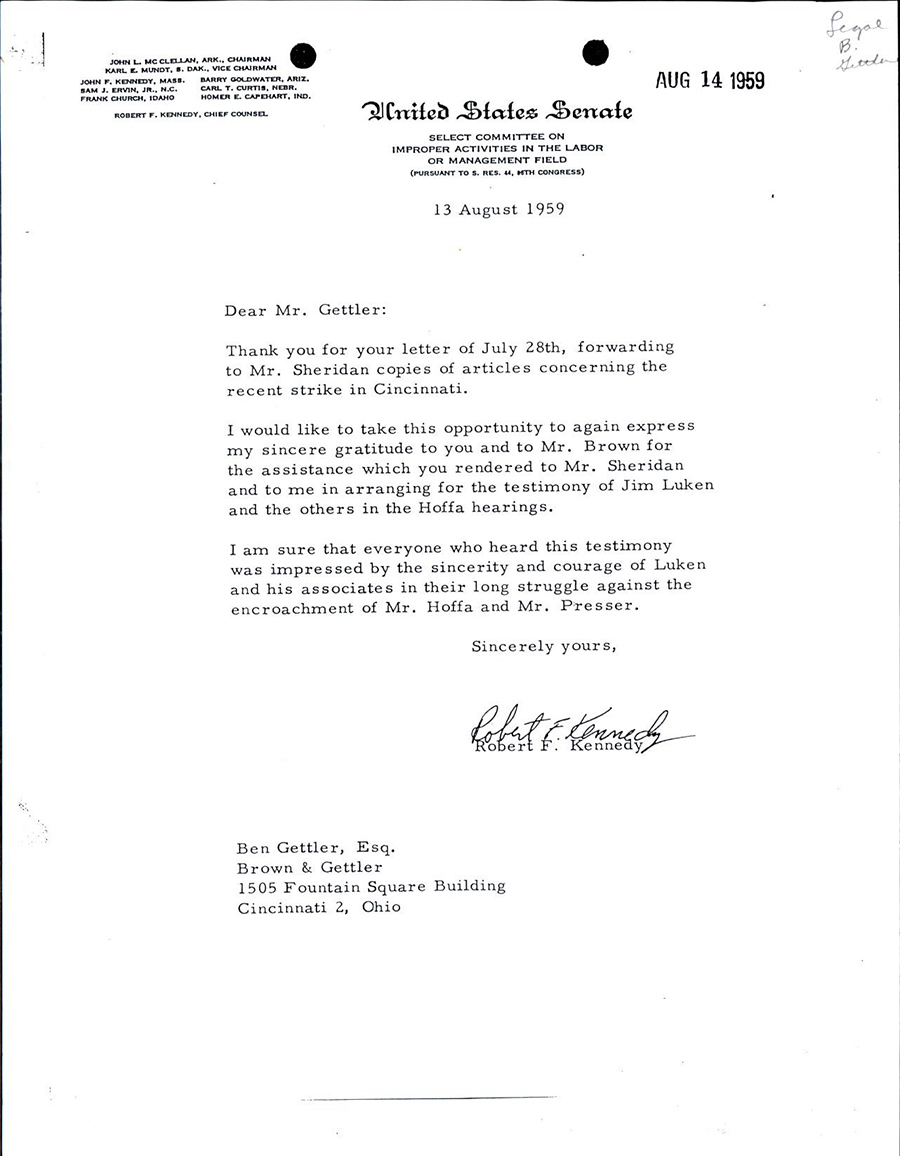
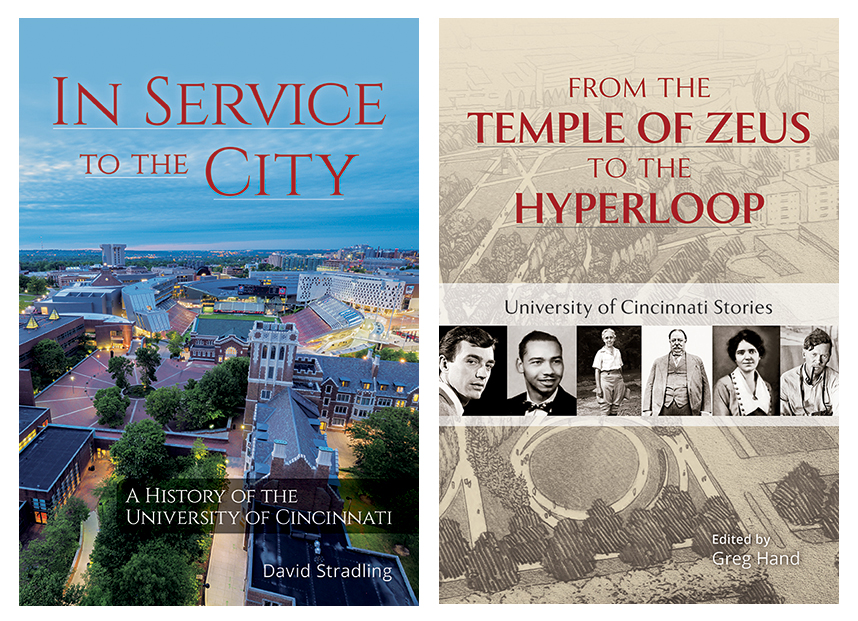 On Wed, December 5, from 6:00 – 8:00 pm, the
On Wed, December 5, from 6:00 – 8:00 pm, the 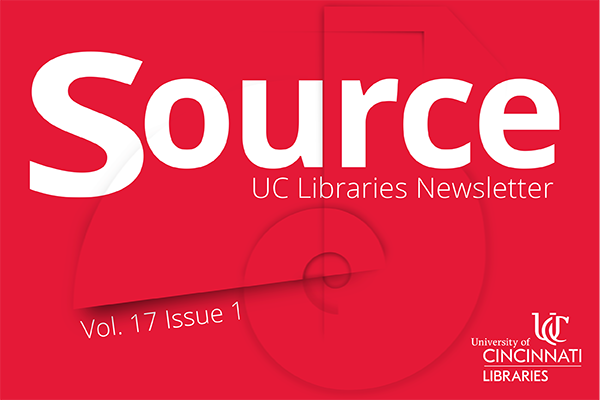 Read Source, the online newsletter, to learn more about the news, events, people and happenings in UC Libraries.
Read Source, the online newsletter, to learn more about the news, events, people and happenings in UC Libraries.